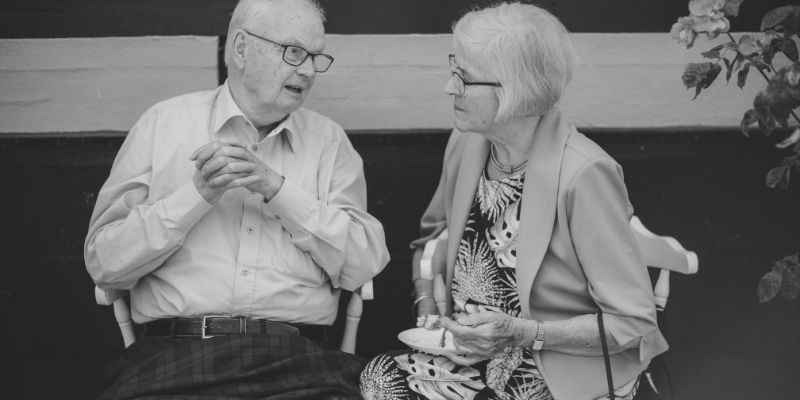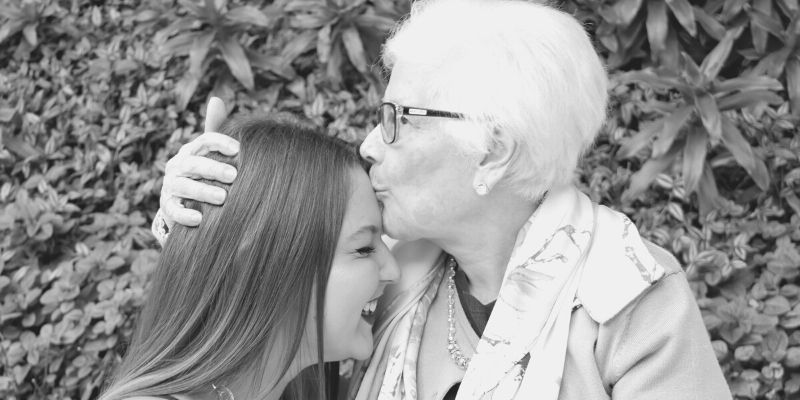While senior centers are designed to provide all seniors with recreational and social opportunities, adult day care centers are a resource for people with physical needs or limited functioning due to memory loss. Adult day care is especially helpful for patients in the earlier stages of dementia.








